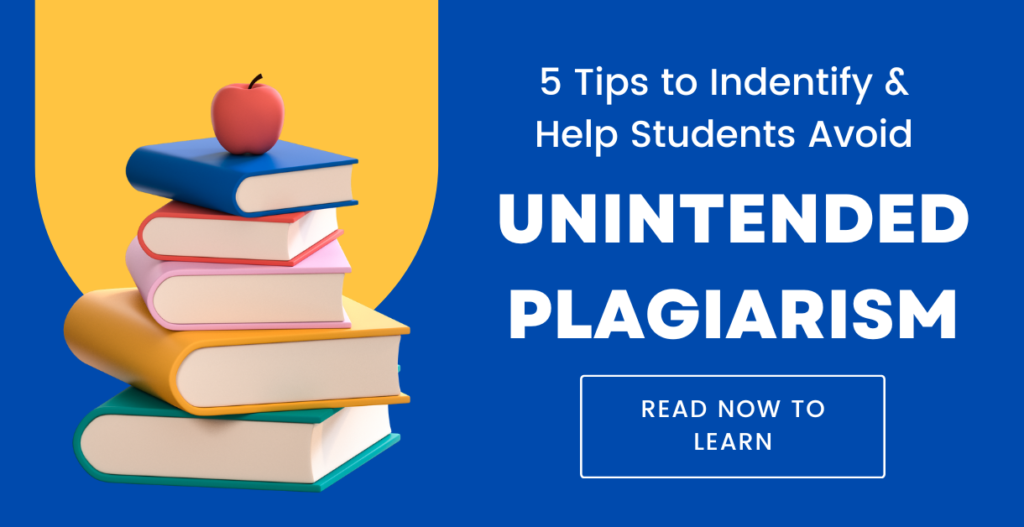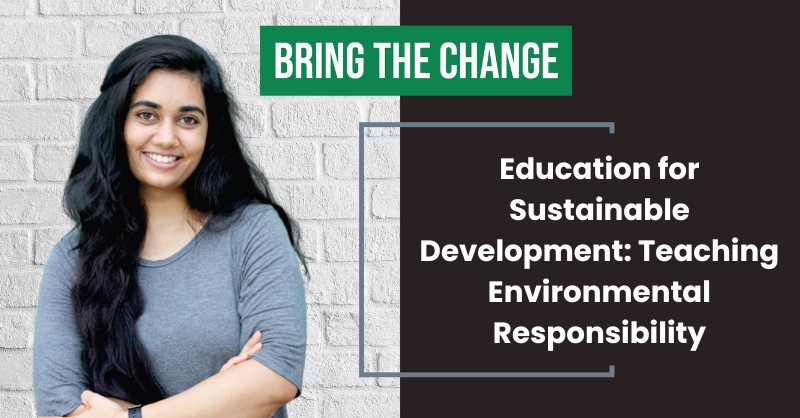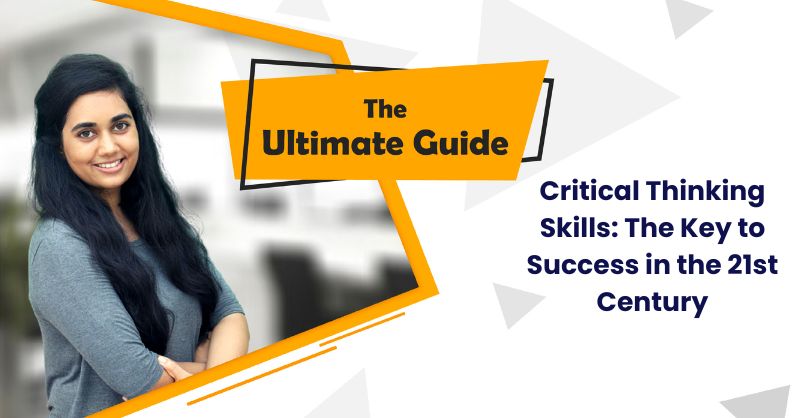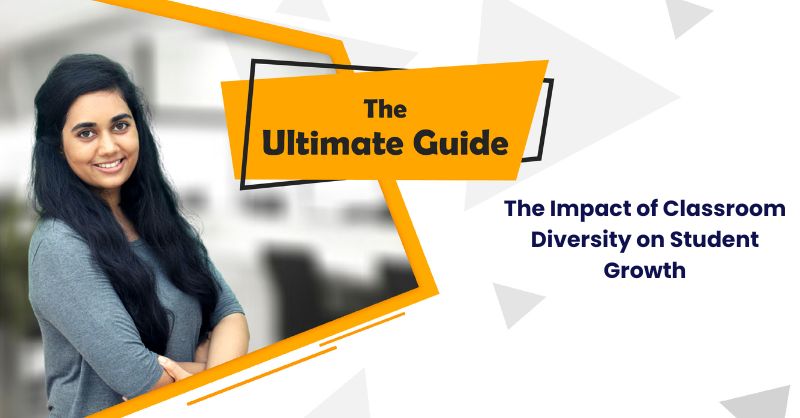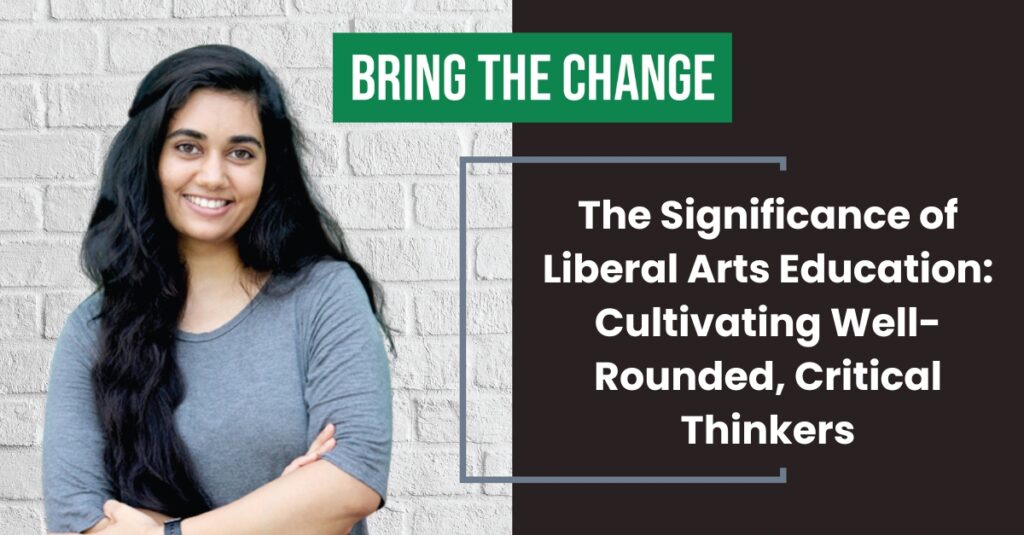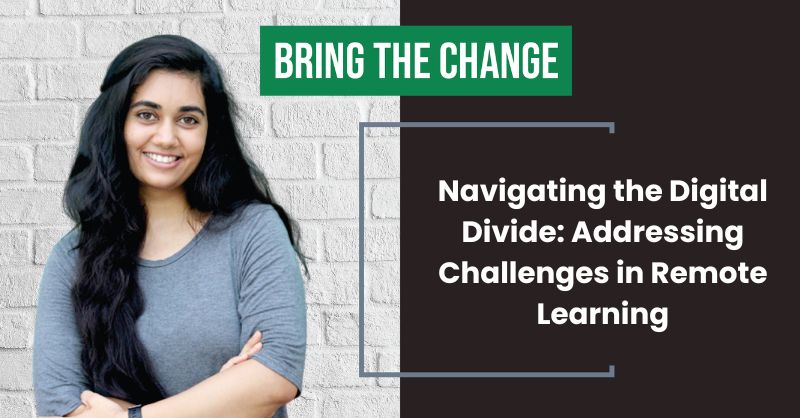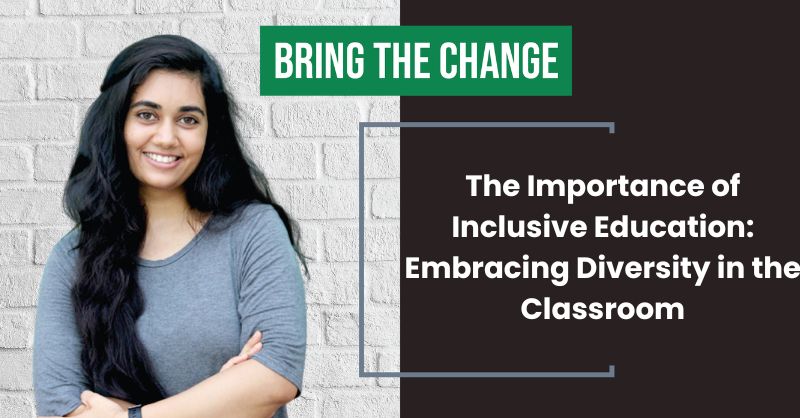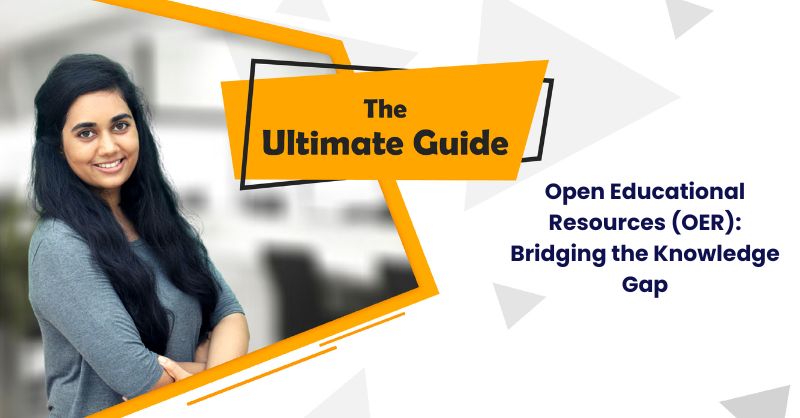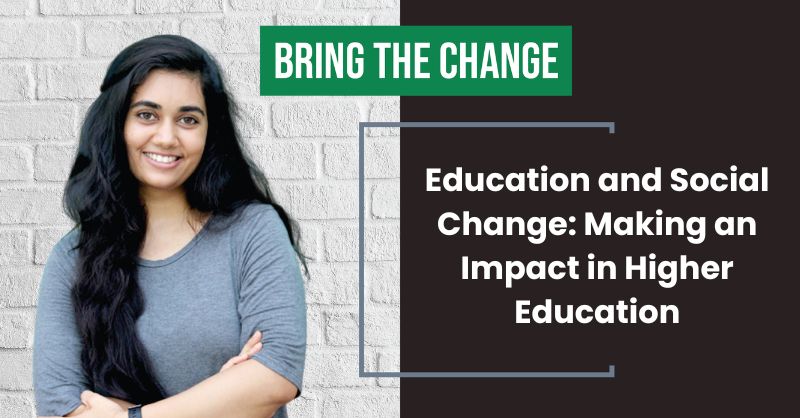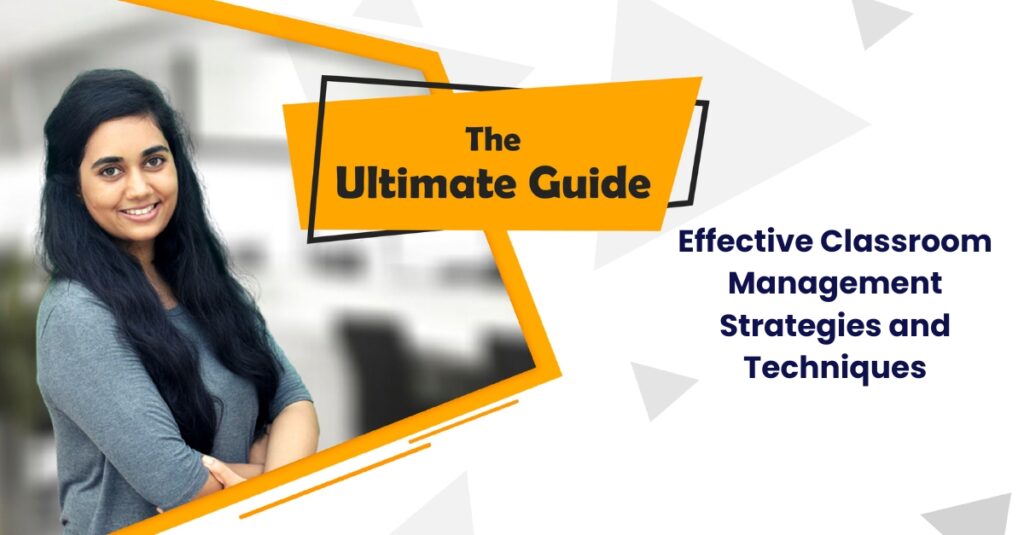When people use someone else’s words without intending to do academic misconduct or pass off the work as their own, they commit unintended, accidental, or unintentional plagiarism. This type mainly occurs due to the lack of knowledge about what constitutes content theft, negligence in properly attributing borrowed text and poor understanding of citation styles. Like other kinds, this type of textual content theft can have severe consequences, especially if you’re a student. So, in this blog post, we’ll share five Tips to Identify and Help Students Avoid Unintended Plagiarism.
Category Archives: Article
In an era marked by profound ecological challenges and an escalating climate crisis, the imperative for global environmental responsibility has never been more pressing. The very survival of our planet hinges upon humanity’s ability to alter its course, embrace sustainable practices, and nurture a new generation of environmentally conscious citizens. As an influential catalyst for change, education emerges as the cornerstone in this transformative journey toward a more sustainable and harmonious world.
In the rapidly evolving landscape of the 21st century, where information flows incessantly, and challenges are increasingly complex, the ability to think critically has emerged as the linchpin of success. Critical thinking skills are not merely desirable; they are essential tools for navigating the intricate web of today’s world.
In the tapestry of modern education, the diversity of our classrooms has become an increasingly prominent thread. As societies grow more interconnected, classrooms across the globe are evolving into microcosms of the world itself, reflecting a rich mosaic of backgrounds, cultures, languages, and experiences.
Liberal arts education is a holistic approach to learning that emphasises a broad and well-rounded curriculum, encouraging students to explore various subjects beyond their specific majors or career goals. The primary purpose of a Classical liberal arts education is to cultivate well-rounded individuals who are critical thinkers, creative problem solvers, and active, informed citizens.
From online courses to virtual classrooms, the digital age has provided unprecedented opportunities for students of all ages to access education from their homes. However, this shift has brought challenges in online Learning, like less technology access and engagement to the social and emotional implications in isolation.
In a world characterised by its rich variety of cultures, abilities, and backgrounds, education is a cornerstone for nurturing intellectual growth, social harmony, and inclusivity. “The Importance of Inclusive Education: Embracing Diversity in the Classroom” explores an unknown dimension of modern education which sheds light on the profound significance of fostering inclusive learning environments.
Open Educational Resources (OER) are a transformative force in education. They offer a solution to the rising costs of traditional textbooks and educational materials, allowing students to access high-quality resources without financial constraints. OER also empowers educators to customise and adapt content to suit their teaching objectives and students’ needs, fostering a more dynamic and engaging learning experience
In the ever-evolving landscape of higher education, Role of Education in Social Change extends far beyond the transmission of knowledge and the attainment of degrees. Today, universities and colleges play a pivotal role in shaping society, driving progress, and fostering positive social change.
this article offers valuable insights and practical advice to educators seeking to develop a positive and enriching learning environment for students of all ages.

